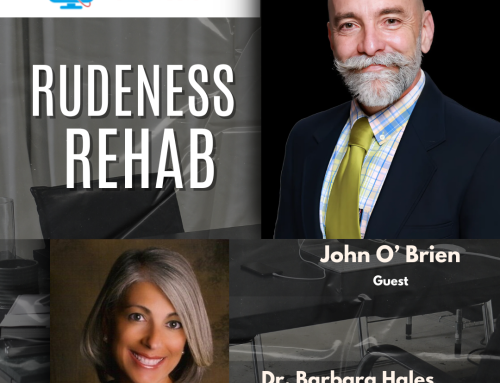Thinking of becoming a medical speaker? Getting a gig as a medical speaker can be a great source of added income, along with cementing the perception of being an authority in your field.
You’re already presenting topics to your patients and your social media sites on a regular basis so you may ask “how hard can it be?” The thing is, being a speaker is a wonderful opportunity but something that takes practice, like anything else that you are successful at.
If you went to a boring show or saw a boring program on television, you would just leave or click off, wouldn’t you? Yet, most medical speakers are dull as dish water or present in a monotone while reading from their notes or slides. There is no eye contact and no personality.
Tips for being a great medical speaker
1) The start
Begin the talk with a dramatic story, or joke. This gets people to pay attention and if nothing else, this will be remembered most when they walk out of the room at the end.
2) Identify yourself
Tell the audience who you are, why you have an interest and knowledge to discuss the topic that you will be presenting. Let your listeners hear your passion about the subject. If you can convince them, the passion will become infectious.
3) Tell them what they’re going to hear
Consider how familiar your audience will be regarding the presentation. Pair the level of your speech with your audience’s point of view. It is better to simplify than to lose them completely. (They don’t need to work at understanding you. Rather, you must work at being understood!) Leave out acronyms, This leads to confusion and quite possibly, the wrong ideas.
4) The point of it all
Pick out three main points that you would like to present and convincing arguments about them. Illustrate these points with a story each time. Incorporate dramatic pauses to highlight what you are saying- think cliff hanger in a t.v. series. Make the stories personal to the audience so that they can relate to them.
5) Tell them what they heard
Recap the salient points so that they can take this away with them.
6) Call to action
Make use of the medical speaking opportunity you had. Tell your audience what you would like them to do next. (e.g. send for a hand out, sign up for a newsletter to hear more about a topic, email request for copy of slides).
7) It’s all in the timing
Don’t give out copies of your talk when the audience files in or there will be no reason to keep them from walking out…they’ve just essentially been told everything that you are going to say, in much less time. Regarding time, keep it short. You should present only enough to keep your audience interested and informed. Save the rest for questions or interaction online after the speech is done. Keep them coming back for more!
Video tape yourself and watch it back. Don’t like what you see? Then, fine tune it and try again.
Sign up in the box at the top left corner of the page for more helpful tips. See you then!



